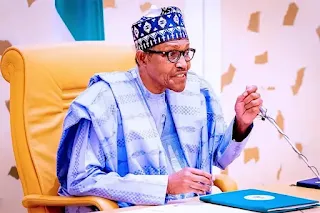THE National Bureau of Statistics, NBS yesterday said that 133 million (63 per cent) Nigerians are suffering from multidimensional poverty, with children constituting more than half of poor people in the country.
This means that two (2) out of every three (3) Nigerians are poor and experience just over one-quarter of all possible deprivations in terms of health, education, living standards, and work and shocks.
The NBS disclosed this in the 2022 Multidimensional Poverty Index, MPI, Report launched on Thursday in Abuja.
The MPI is the result of the 2022 Multidimensional Poverty Index (MPI) Survey carried out by NBS and development partners.
The survey was a collaborative effort between the National Bureau of Statistics (NBS), the National Social Safety-Nets Coordinating Office (NASSCO), the United Nations Development Programme (UNDP), the United Nations Children’s Fund (UNICEF), and the Oxford Poverty and Human Development Initiative (OPHI).
A breakdown of the dimensions of poverty used for the MPI includes: Nutrition, Food insecurity, Time to healthcare, School attendance, Years of schooling and School lag.
Others are Water, Water reliability, Sanitation, Housing materials, Cooking fuel, Assets, Unemployment, Underemployment, Security shock
Among other things the report showed that 65% of poor people—86 million—live in the North, while 35%—nearly 47 million— live in the South.
According to the report, “multidimensional poverty is higher in rural areas, where 72% of people are poor, compared to 42% of people in urban areas.
“Approximately 70% of Nigeria’s population live in rural areas, yet these areas are home to 80% of poor people; their intensity of poverty is also higher, at 42% in rural areas compared to 37% in urban areas.
“Two-thirds (67.5%) of children aged 0–17 are poor according to the National MPI, and half (51%) of all poor people are children.”
FG restate commitment to eradicating poverty – Buhari
Meanwhile, President Muhammadu Buhari has restated his unwavering commitment to eradicating poverty in the country, adding that the MPI results will be used to influence the allocation of resources going forward, particularly to target sectors where most citizens suffer deprivations.
He added that the MPI results will also serve as both a measurement and policy tool to monitor the Federal Government’s progress at achieving these goal of lifting 100 million people out of poverty within 10 years, in line with the objectives of the SDGs and the Africa Agenda
2063




No comments:
Post a Comment